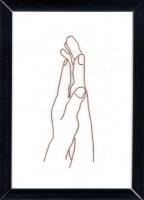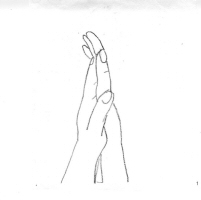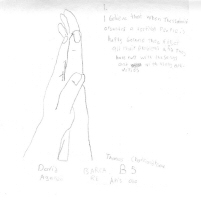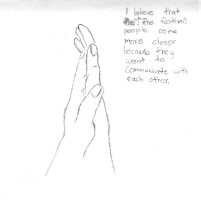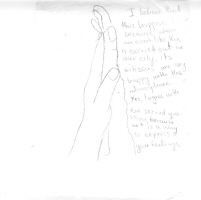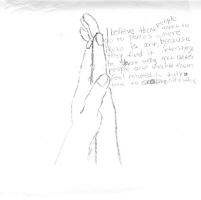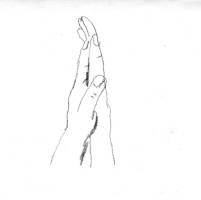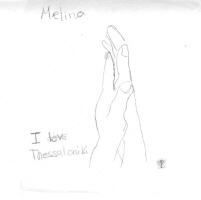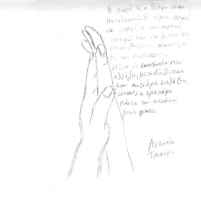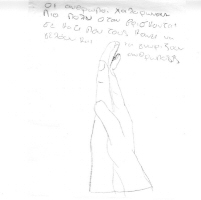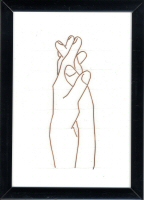Zoe Tsiviltidou
 |
Zoe Tsiviltidou holds a BA in English Language & Literature from the Aristotle University of Thessaloniki and an Honors MA in Cultural Policy & Management from the University of Arts in Belgrade and the University Lumière Lyon II. Her academic research addresses the art of storytelling and cultural literacy, intercultural mediation and the art of city making. |
Photography | |
Wired Sculptures
City Relationships
Imagine that the dark frames constitute the outline of our surrounding urban environment and that these five pairs of wired hand sculptures stand for the human relationships and contacts that can be established or enacted within it. Now, think: “Are our relationships variables of the transitions occurring in our city?”
Urban environments in transition means urban relationships in transition. What I wish to explore via drawing and writing is the extent to which human contact is affected by urban space and in what way this affects our inter-personal relationships.
This is an interactive piece of work. All the drawings constitute spontaneous responses to the wired hand sculptures and accompanying questions. You can see a sample of the drawn responses produced by various participants and age groups.
Questions:
|
When the city transportation network is under construction, people get irritated and frustrated far more easily and their extroverted behavior provokes several reactions. Why so? |
||
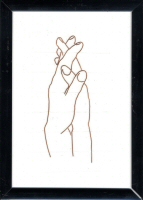 |
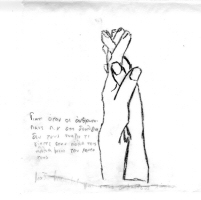 |
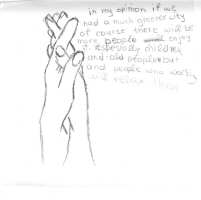 |
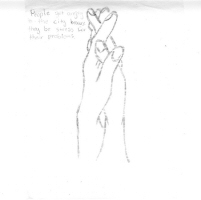 |
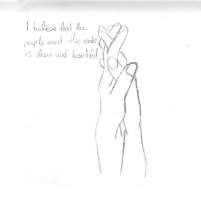 |
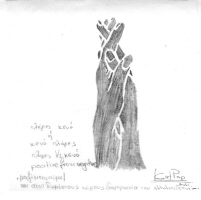 |
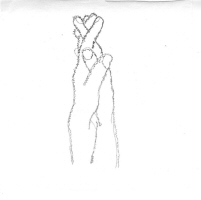 |
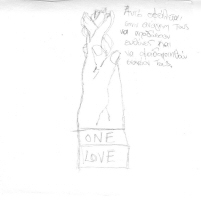 |
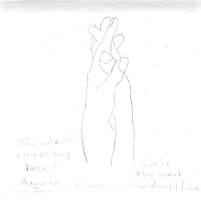 |
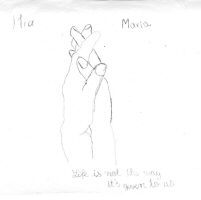 |
||
|
Multiculturalism for Thessaloniki is a focal point. Is our attitude towards people of different social, financial, cultural and religious origin affected depending on what is going on in the city? |
||
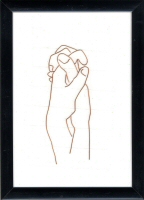 |
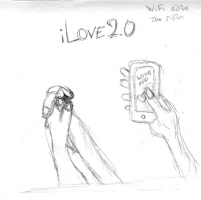 |
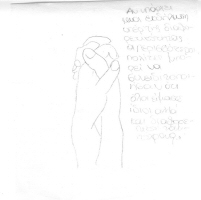 |
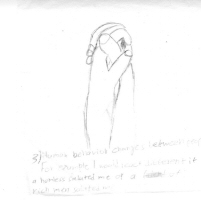 |
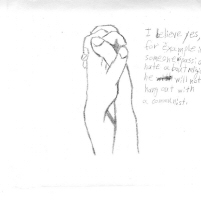 |
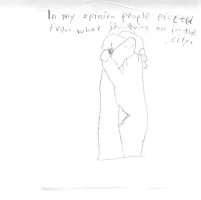 |
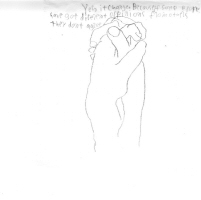 |
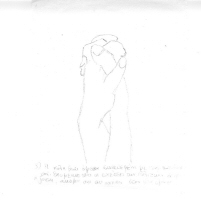 |
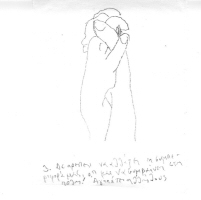 |
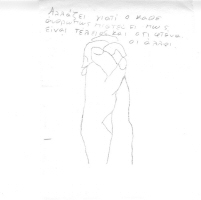 |
||
|
Are you familiar with any public or private urban spaces where social contact and solidarity are reinforced? Name one and explain your choice. (e.g.: the football ground because…) |
||
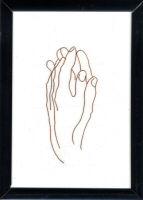 |
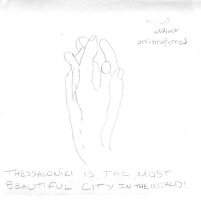 |
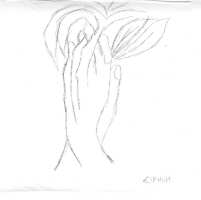 |
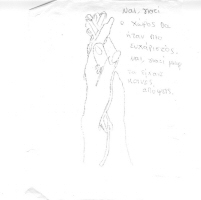 |
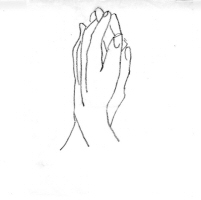 |
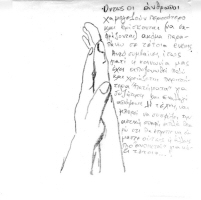 |
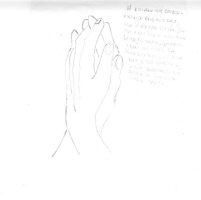 |
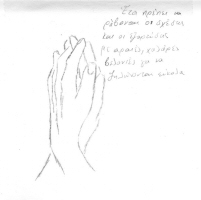 |
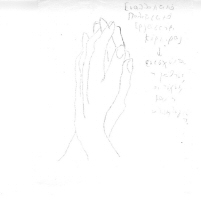 |
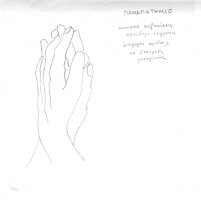 |
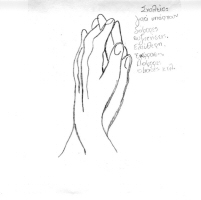 |
|

 |
project credits |
© Department of American Literature and Culture School of English, A.U.Th. |










































